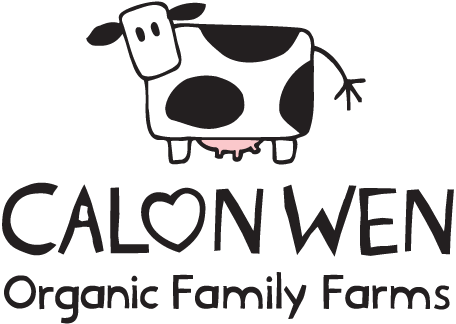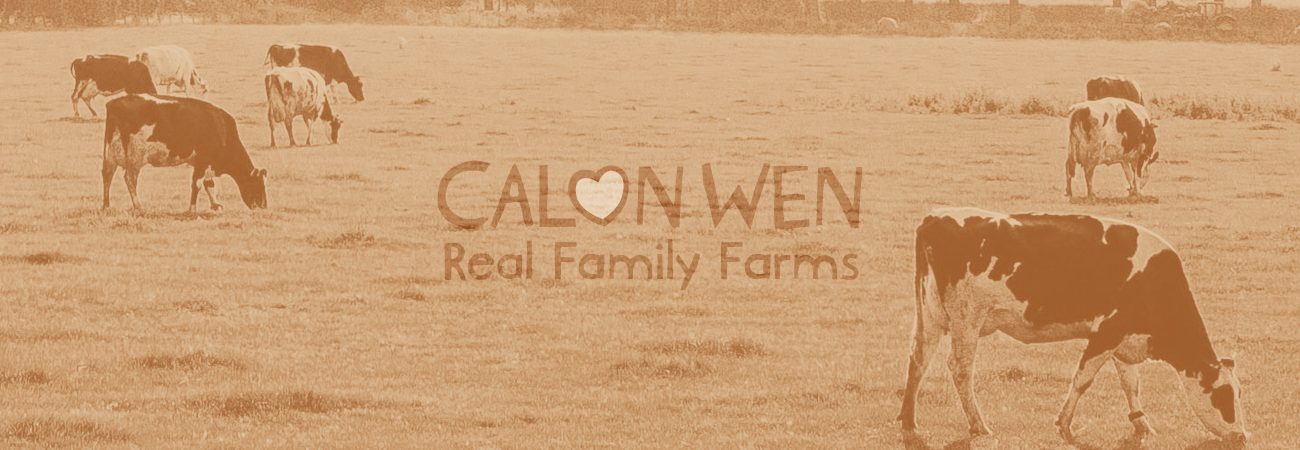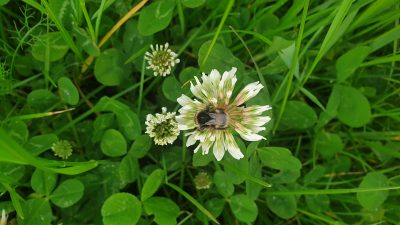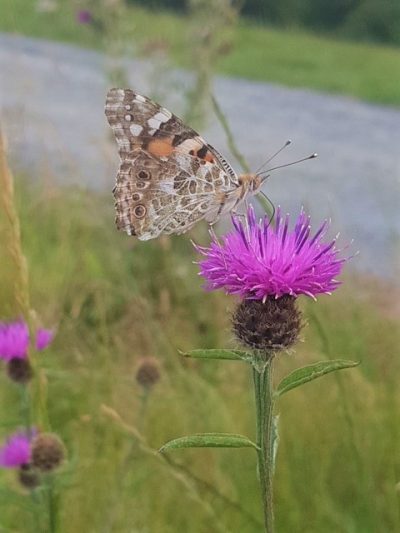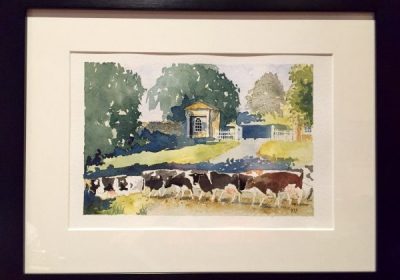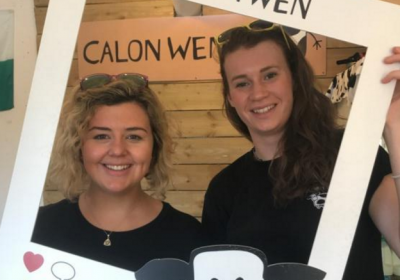A group of six farmers, all members of the Calon Wen Organic Milk Cooperative, have increased pollinator numbers in silage and grazing fields by leaving margins of their fields uncut at or ungrazed. These are the preliminary findings of a project funded under the European Innovation Partnership (EIP Wales) programme, managed by Menter a Busnes
The farmers used a combination of techniques, including using diverse herbal leys with a high proportion of flowering plants compared to standard rye grass/ clover leys; leaving margins uncut at silage time, or ungrazed, to provide a refuge for pollinators; and managing habitat and semi-improved pasture to conserve and enhance pollinator populations.
The Bumblebee Conservation Trust carried out surveys on these farms in 2018 and 2019. Across all six farms they found a total of 73 pollinator species, including: most of the common Bumblebee species found in the UK; other bees and wasps; butterflies and moths (including the dark green fritillary butterfly which is of medium conservation concern); beetles; bugs; and flies.
In nearly all cases, pollinator numbers were significantly higher in the uncut/ ungrazed margins compared to cut/ grazed margins, indicating that leaving these refuges was effective in ensuring a continuous supply of food for pollinators. In cases where the reverse was true, either the survey was taken at a time when the cut/ grazed margins had started to regrow and flower, attracting pollinators back into the main part of the field, or the data was skewed by a large number of flies attracted to the grazed margins by dung.
Whether the diverse herbal leys attract a greater of number of pollinator species compared to standard rye grass/ clover leys is more difficult to answer. The data from 2020, the last year of the Project may help to give us clearer a picture.
Together, the six farms had 15 different pollinator habitats including unimproved and semi-improved pasture; hedgerows; trackside verges; saltmarsh; woodland margins and many more. These are being managed in a number of ways to help pollinators, including managing pasture for pollinators by delaying grazing until after the flowering period; not cutting verges with important flowering plants such as spear thistle and burdock until later in the summer; introducing more flowering plants into grassland, and many more.
David Edge, one of the participating farmers said “This project has shown that when farmers take ownership of research, then it develops their interest in wildlife and habitats. Many of the Calon Wen farmers have sown diverse leys far beyond those necessary for the project, helping pollinators while producing a large quantity of quality forage.
As a result of the success, all Calon Wen farmers are now participating in the Calon Gwenyn project this year to increase pollinator populations. We’ll keep you posted on the results!


